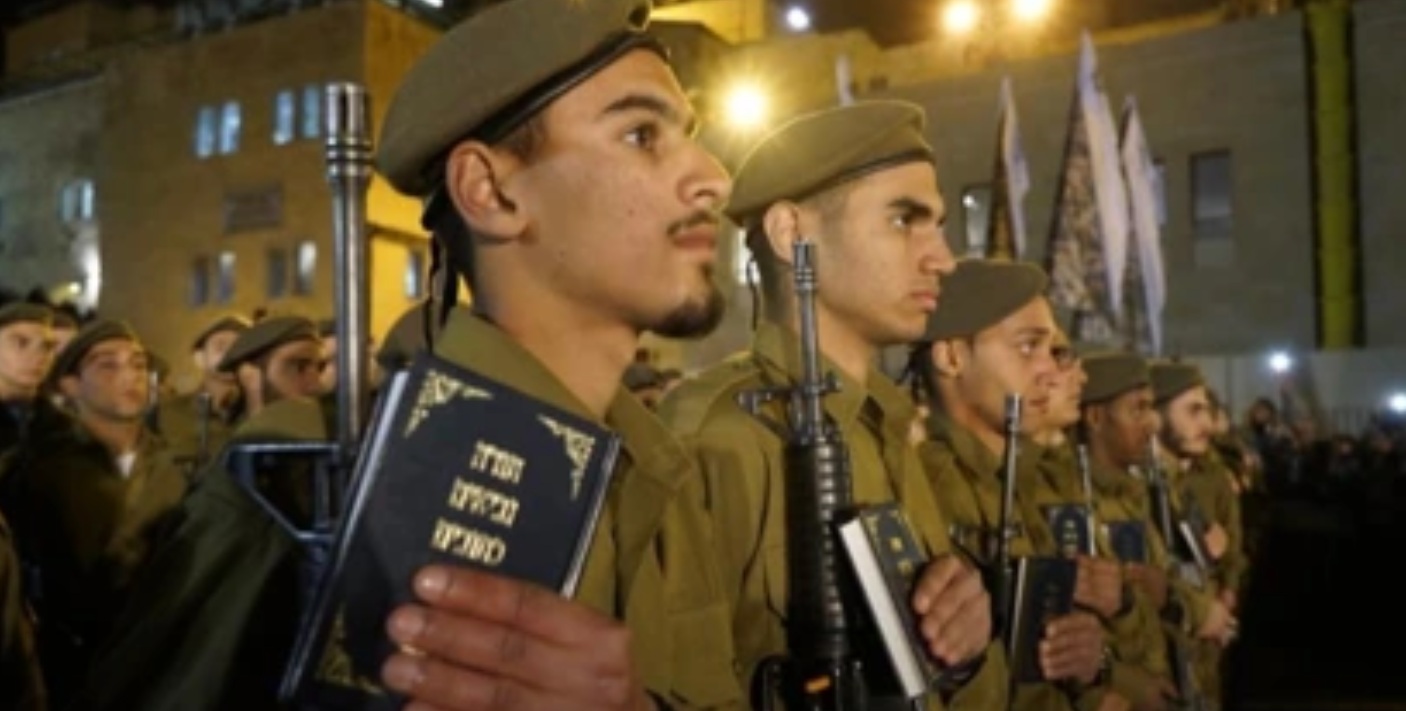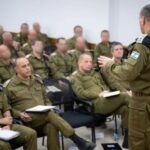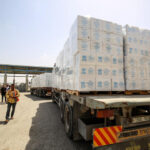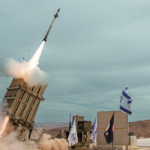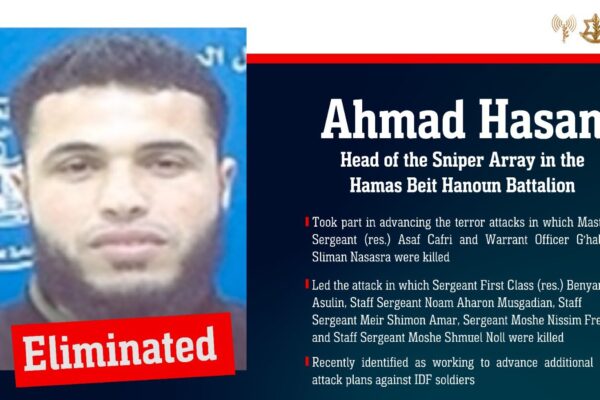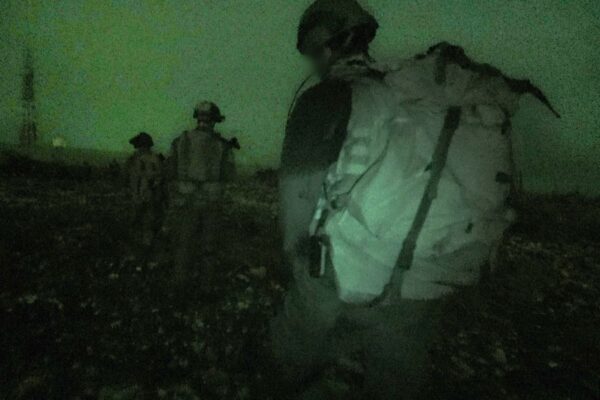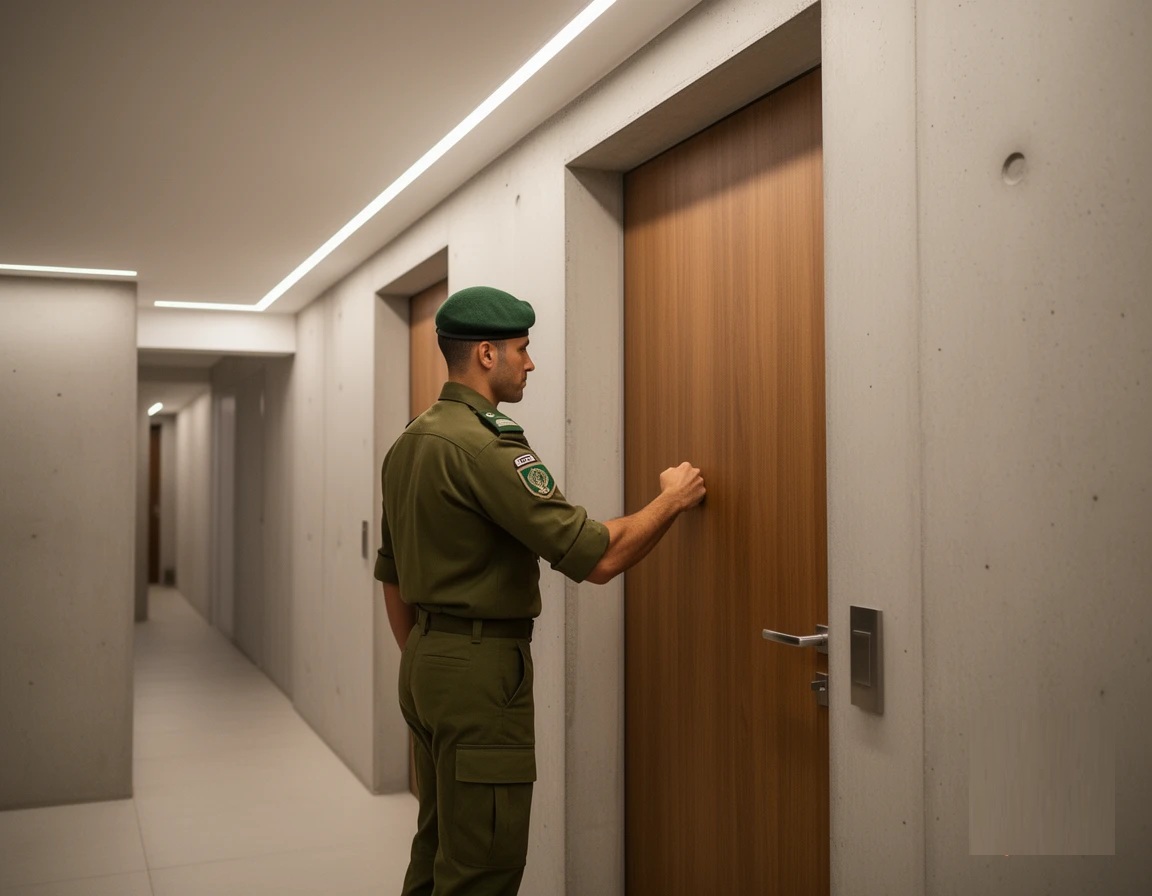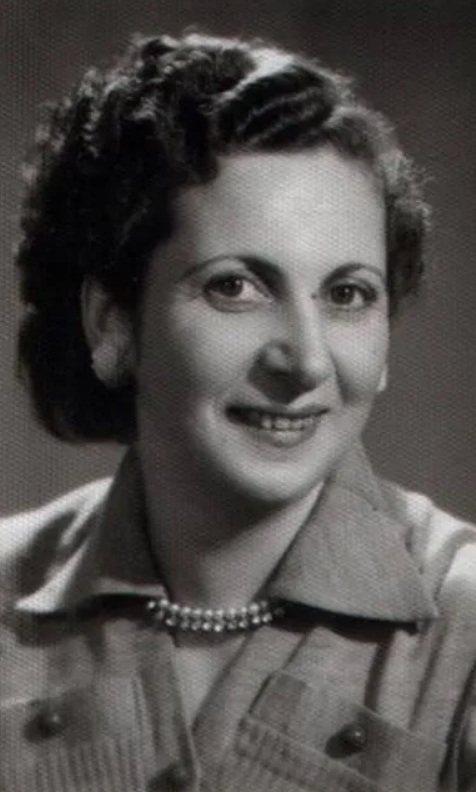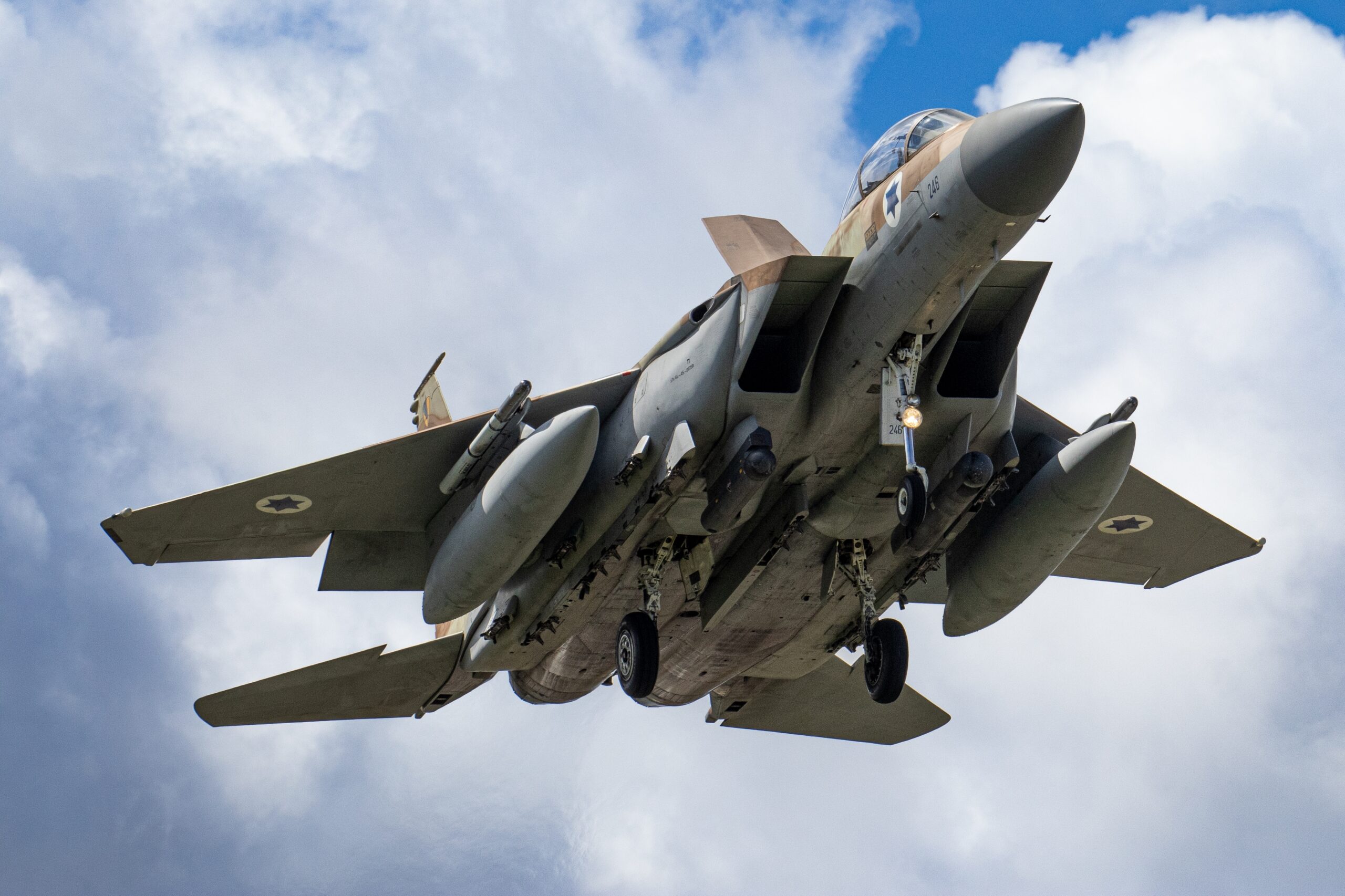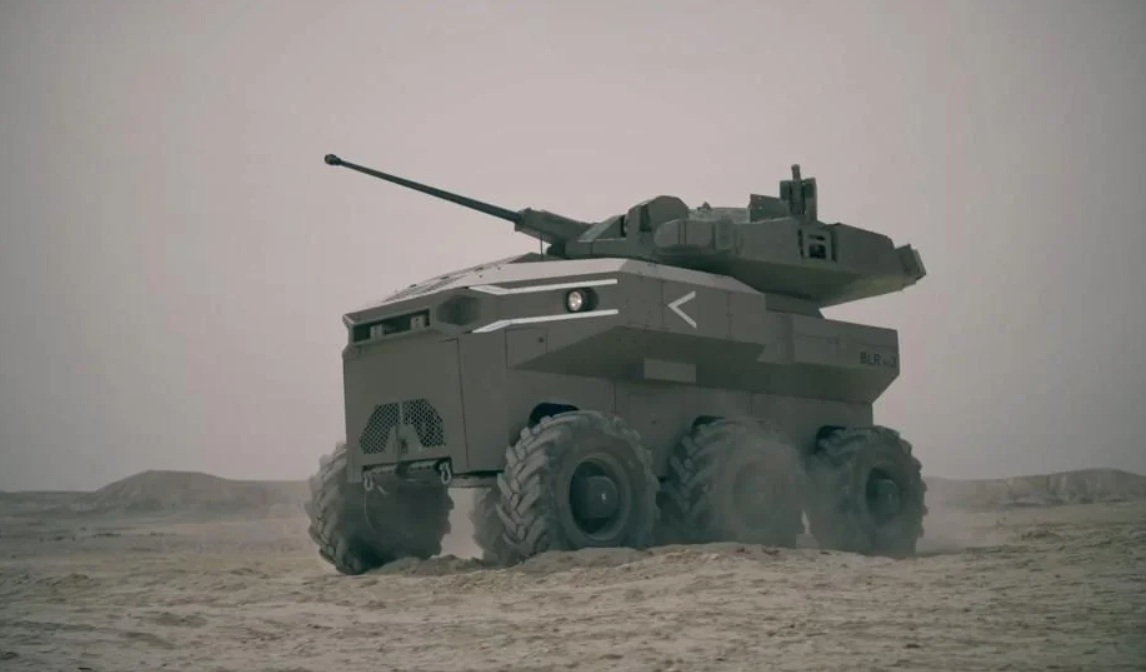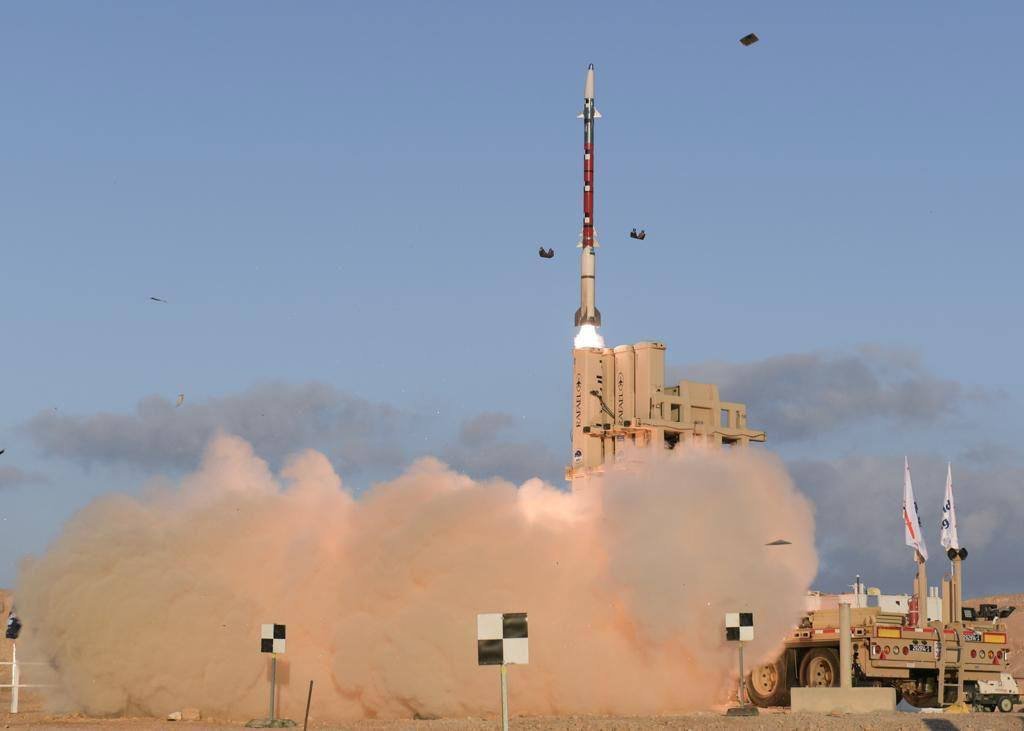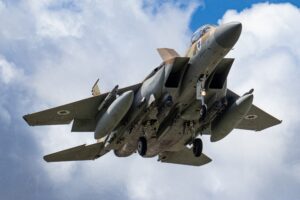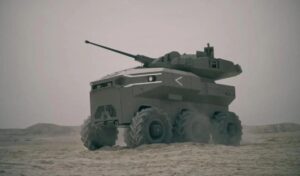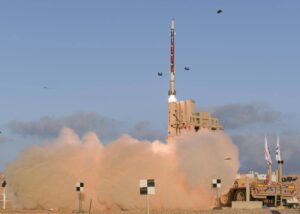Inspections are frequent, and soldiers are held accountable for the condition of their rifles.
By Hezy Laing
Walk around Israel and you quickly get used to seeing a large amount of guns – especially those owned by soldiers.
It’s even not uncommon to walk into a bank and see a customer shouldering a machine gun!
Israel’s gun culture begins in the IDF with new recruits.
In the IDF, gun care and weapons training are foundational elements of basic training, known in Hebrew as Tironut.
From the moment new recruits arrive at their training base, they begin a structured process that transforms them from civilians into disciplined soldiers capable of safely handling and maintaining their firearms.
Every recruit is assigned a personal weapon — typically an American M16 assault rifle, though some units train with the Israeli Tavor or Galil variants.
Training begins with theoretical instruction, where soldiers learn the names of each part of the weapon, how it functions, and the principles of safe handling.
This is followed by practical training, which includes assembling and disassembling the rifle, cleaning it thoroughly, identifying and fixing malfunctions, and mastering proper loading and unloading procedures.
Gun care is taken seriously. Recruits are taught to clean their weapons regularly, using brushes, oil, and cloths to prevent rust and ensure reliability.
Inspections are frequent, and soldiers are held accountable for the condition of their rifles.
A dirty or malfunctioning weapon can result in disciplinary action, reinforcing the importance of responsibility and attention to detail.
Shooting proficiency is also a key part of training.
Recruits must demonstrate the ability to hit targets accurately, often starting with static range shooting and progressing to more dynamic drills.
For Rifleman 02 certification—the basic level for non-combat soldiers—recruits must hit targets with at least 15 rounds from 50 meters away.
Combat units undergo more rigorous shooting tests and tactical exercise. They must be able to hit targets 150-300 meters away.
When walking or moving in formation, recruits are drilled to point their weapon barrel downward, a safety protocol that prevents accidental discharge and shows respect for those around them.
It’s a subtle but powerful gesture that reflects the IDF’s emphasis on control, awareness, and professionalism.
Together, these practices form the backbone of IDF weapons culture: constant possession, safe handling, meticulous care, and personal responsibility.
By the end of basic training, every soldier knows that their rifle isn’t just a tool—it’s a trust, and how they treat it reflects who they are as a fighter.


